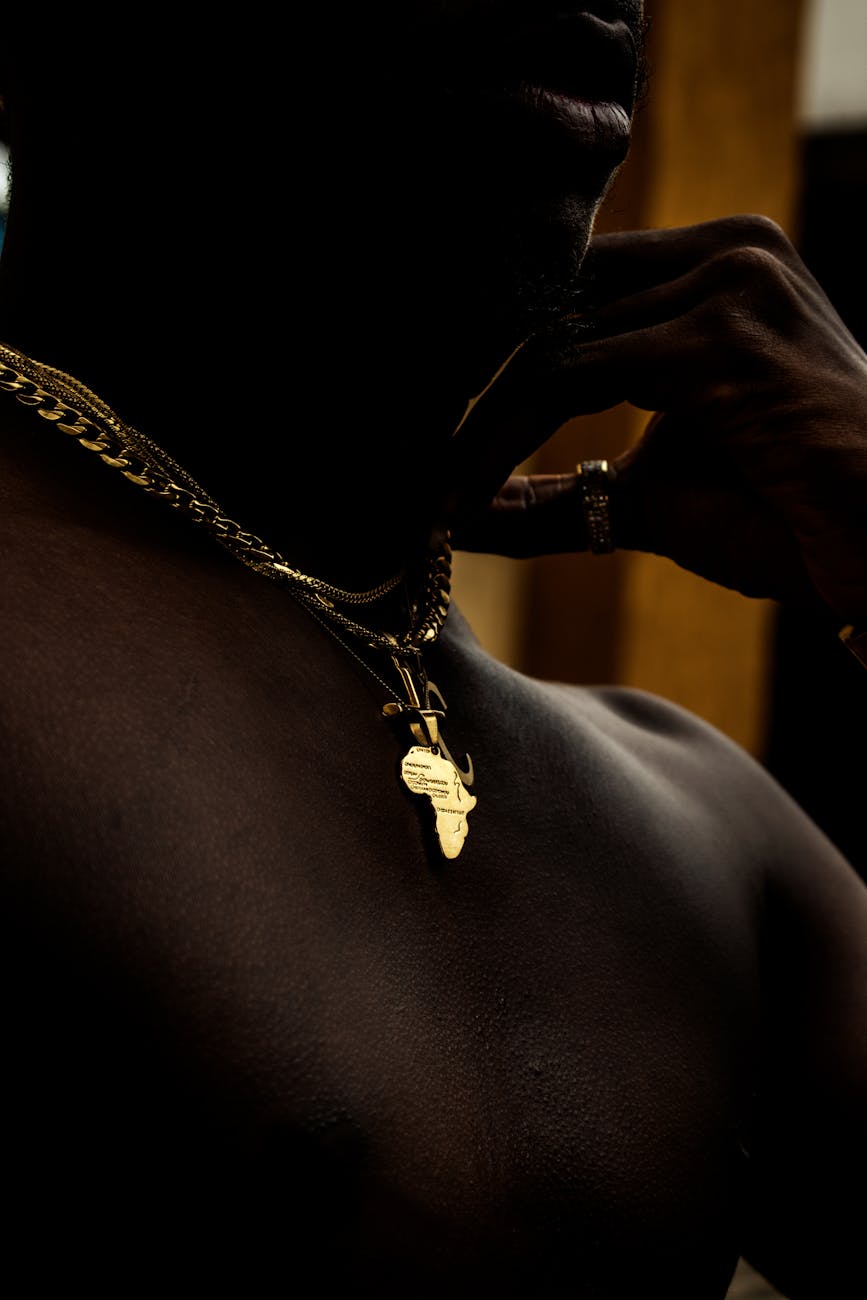In the first part of this series, we laid out the foundational steps to close an offshore gold deal, emphasizing speed, transparency, and respecting the Golden Rule: the one with the gold makes the rules. Now, let’s dive deeper into one of the most misunderstood—and risky—areas of the trade: Dory Gold export.
Dory gold, often in the form of bars or unrefined alloy, typically contains 85–95% gold and must be refined before it meets the strict purity standards of the global bullion market. Moving Dory across borders introduces a host of regulatory, legal, and logistical complexities—particularly in Africa, where no two countries play by the same rulebook.
Each African Country Has Its Own Export Protocol
Exporting Dory gold out of Africa is not a one-size-fits-all process. Each country has unique laws, documentation requirements, customs procedures, and export taxes. Some require:
- Central Bank approvals
- Export permits from Ministry of Mines
- Assay certificates from a government-licensed lab
- Clearance through bonded warehouses or designated export terminals
- Payment of royalties or taxes upfront (ranging from 3% to 10%)
For instance, Ghana operates under the PMMC (Precious Minerals Marketing Company), which must supervise and approve every single gold export. In contrast, Mali may allow direct exports under private licenses but enforces strict documentation at customs. In Tanzania, the gold must be refined domestically before it can be exported at all—no raw Dory allowed.
These regulations shift frequently, and what worked six months ago may now be illegal. Partnering with licensed, compliant exporters and staying up-to-date with mining regulations is absolutely critical.
Importing into Refinery Jurisdictions: More Complexity Awaits
Exporting Dory is only half the challenge. Where that gold arrives—and under what legal framework—matters just as much. Different countries have vastly different rules for the import of unrefined precious metals.
If you’re flying into the UAE, Switzerland, Turkey, Singapore, or even the United States, each jurisdiction has its own import laws, declarations, and risk scoring for Dory. Some key considerations include:
- Does the country allow import of unrefined gold via commercial or private aircraft?
- Is the refinery licensed to receive unrefined gold directly from Africa?
- Does the shipment trigger AML/KYC flags or require enhanced due diligence?
- What are the VAT or import tax implications at point of entry?
For example, Dubai is a major gold trading hub, but authorities are tightening control due to global pressure on AML compliance. Any irregularity in paperwork, assay inconsistencies, or undeclared third-party involvement can result in the shipment being seized. Meanwhile, Switzerland has the most rigorous compliance checks, requiring end-to-end traceability and conflict-free certification.
The Risk of “Airport Arbitrage”
Some intermediaries try to play a dangerous game by hopping gold shipments across borders or leveraging so-called “friendly jurisdictions” to mask the origin of the Dory. This often leads to delays, impoundments, or worse—blacklisting of the trader.
Smart actors focus on end-to-end legitimacy: legal export, legal import, and fully declared refinery relationships. That’s the only way to scale sustainably in the gold trade.
Final Thought: Know the Ground, Know the Air
If you’re in the Dory business, it’s not enough to know your buyer and seller—you must know every inch of the route the gold will travel, from mine to vault. That includes boots-on-the-ground understanding of African customs, air transport regulations, and refinery import policies.
At Invest Offshore, we work with licensed gold exporters, vetted refinery partners, and compliance professionals across West Africa and beyond. If you’re serious about the trade, we can help you navigate the minefield and stay above board.

Leave a Reply